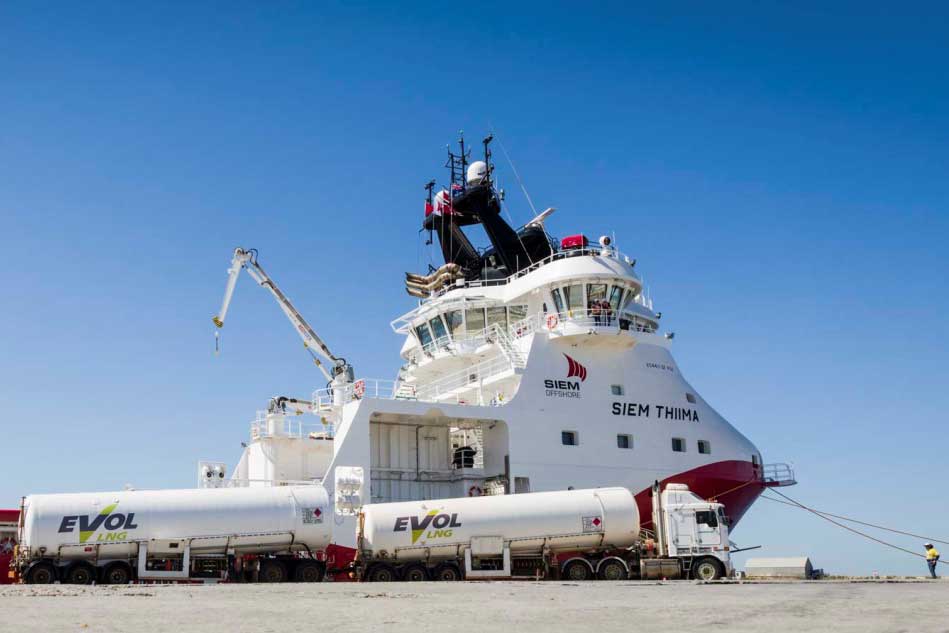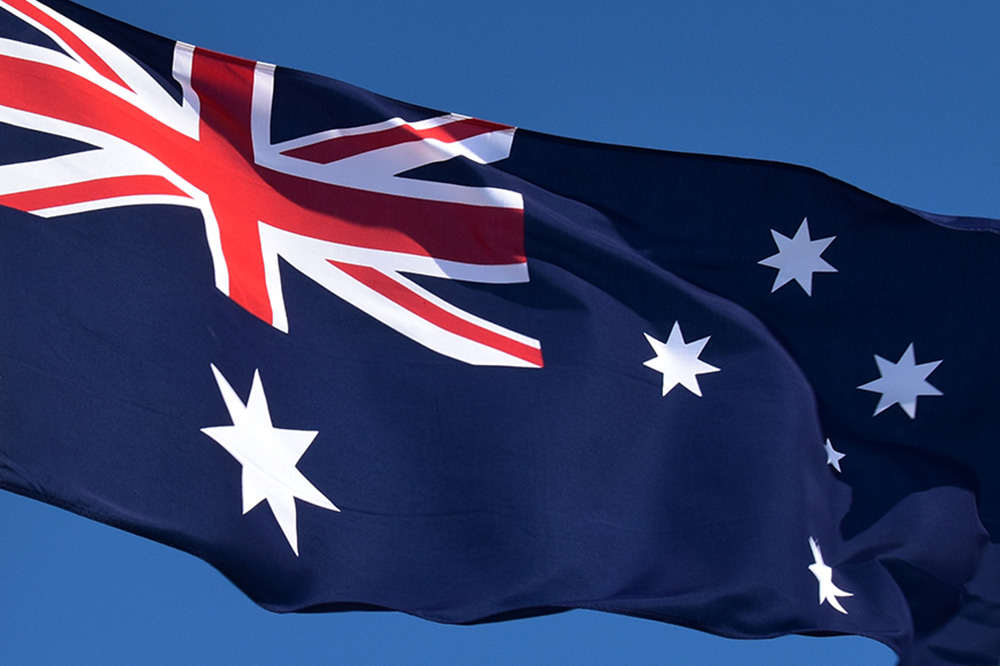Notwithstanding the manifold problems, the maritime industry is facing, the use of LNG is still one of the most discussed topics. Several players try to push various projects, i.a. the SEA/LNG alliance, which now signed a new cooperation agreement.
The multi-sector industry coali[ds_preview]tion »aiming to accelerate the widespread adoption of liquefied natural gas (LNG) as a marine fuel«, announced that is has signed a memorandum of understanding (MoU) with the Society for Gas as a Marine Fuel (SGMF), which itself comprises over 100 players. The MoU is aimed to »create a framework for how the two complementary organisations will work together to achieve their common goal of making LNG the fuel of choice for the shipping industry«.
Launched in July 2016, SEALNG was established to break down the commercial barriers to the uptake of LNG as a marine fuel, while since its inception in October 2013, SGMF has concentrated on safety, operational, and technical aspects in the development of natural gas as a sustainable marine fuel. The MoU expresses their mutual interest in developing a framework for effective cooperation.
Mark Bell, general manager and COO, SGMF noted: »Through our work on the safety and technical aspects of LNG, SGMF remains wholly focused on promoting safe and responsible operations for gas fuelled ships. The 100 plus members of SGMF represent the whole value chain from supply to end use and our focus remains on safety, technical, contractual, training and competence, environment and gas as fuel industry information. SGMF does not cover the commercial aspect and therefore it will be beneficial to leverage the work of SEALNG on this issue. Together, our combined parallel efforts will best serve our respective members and the overall LNG value chain.«
Peter Keller, SEALNG Chairman and Executive Vice President, Tote said: »SEALNG and SGMF have separate but complementary missions, and we are both wholly committed to the development of natural gas as a marine fuel. This MoU will ensure that our efforts are concentrated on defined areas, enabling us to support each other successfully, and ultimately providing the confidence and demand required for an effective, efficient, and safe global marine LNG value chain by 2020.«
The two organisations have pledged to support each other by sharing knowledge, data, and information from their own areas of responsibility that will be of benefit to each other’s members. Part of SEALNG’s remit is to educate investors and other key stakeholders in the marine transportation value chain.




















